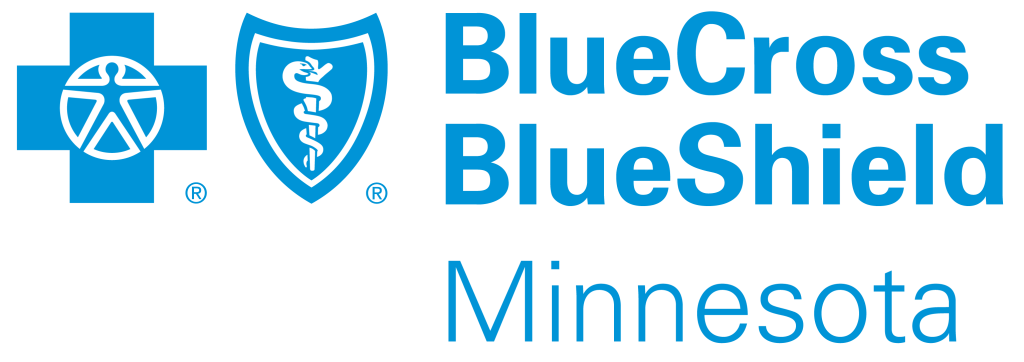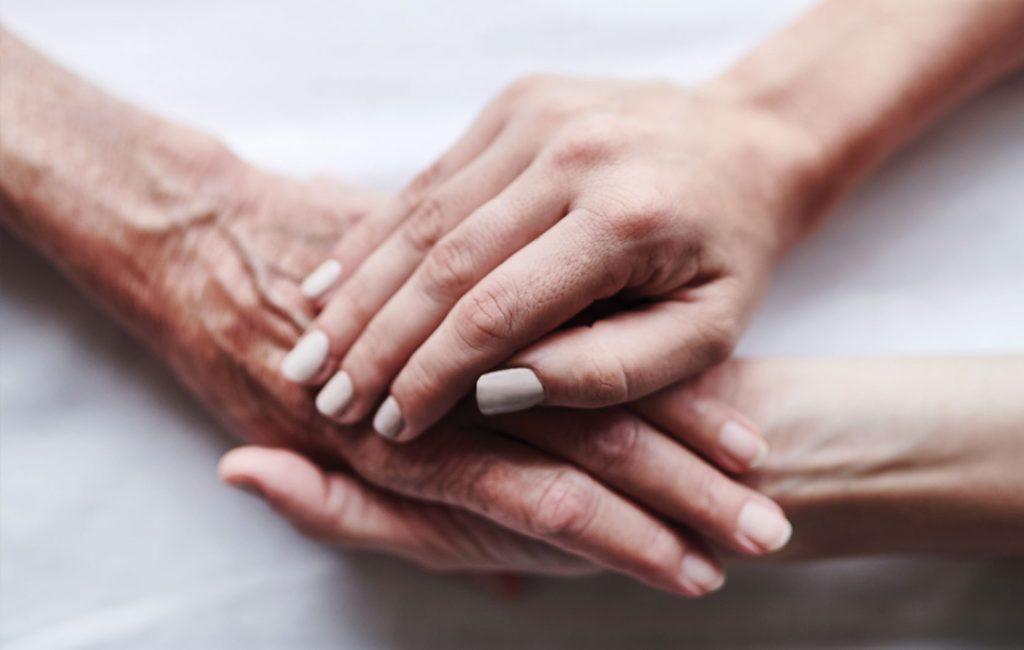Mary Hansen knows firsthand the emotional and physical toll caring for a loved one can have on a person.
The 72-year-old Elk River resident has cared for her husband, Rick, 70, since a debilitating stroke a year ago. She dove into round-the-clock care for Rick, managing his appointments, physical therapy, medications and more while also taking care of every day tasks around the house. Everything appeared to be handled, she thought, until her loved ones asked how she was doing.
Was she getting enough rest? Eating well? Feeling OK physically and emotionally? The questions caused her to make some changes to her routine.
“The biggest thing is taking care of yourself,” Hansen says. “You get so involved in the care of your loved one and you have to be sure that you are also taking care of yourself so that you can maintain that schedule.”
Self-care is a common struggle for caregivers, as is finding the information and resources to identify and overcome such challenges. According to AARP data, 84 percent of caregivers say they could use more information or help on a wide range of topics, from stress management to medications to the safety of their loved ones.
Blue Cross and Blue Shield of Minnesota has a way to help. Its revamped Caregiver Corner website provides valuable information intended to support the more than 700,000 caregivers in Minnesota. The site, geared specifically toward caregivers of loved ones ages 60 and older, is full of helpful and inspiring stories from real caregivers and caregiving professionals throughout the state. Caregivers can find information on meal planning, financial management, legal issues, doctor communication, and more. The site also includes links to valuable resources that can provide assistance for everything from transportation to chores to housing needs.
Jeanne Parsons, program manager in Blue Cross and Blue Shield’s Stars and Risk Adjustment Center of Excellence, has overseen the development of the new site. It was clear, Parsons says, that caregivers could use more guidance, for their own benefit and the benefit of their loved ones.
“There’s a lot of stress for caregivers and we understand that,” Parsons says. “They have a direct impact on the health of the person they’re caring for. If the caregiver is burnt out, they not only can’t provide the best care for their loved one, they might also struggle to take care of themselves.”
In Hansen’s case, she had friends and family to help her realize the need for self-care. Parsons is hopeful the Caregiver Corner overhaul will help other caregivers address burnout before it develops into a more serious health issue.
“Often times, nobody asks how they’re feeling or how they’re doing,” she says. “It’s important that caregivers pause and take a minute to really think about their health.”
If you are a caregiver or someone receiving help from a caregiver, we’d like to hear your feedback on Caregiver Corner and learn what resources you need most. Please send your comments to StarsCoE@bluecrossmn.com.
*Source: Minnesota State Demographic Center


